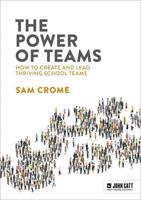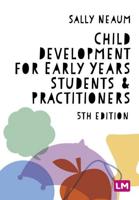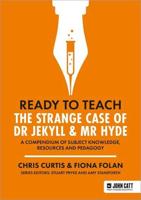Publisher's Synopsis
Excerpt from Manual Training Magazine, 1899-1900, Vol. 1
Frank A. Hill, litt.d., Secretary Of the Massachusetts Board of Education.
IT is treacherous business for one to trace the growth Of one's own thought on an impcrtant theme. I venture to brave the pitfalls, how ever, in the case Of my views about manual training, partly because -i can conveniently illustrate in this way how teachers may unconsciously pay fragmentary tribute to the philosophy Of manual training before they know what it is, and partly because the story Of my own groping for light may lead a teacher here and there to get into the sunshine'a little more promptly than might otherwise be feasible for him.
I recall that when I began to teach in - it was during the long winter vacation Of my freshman year at Bowdoin - I sometimes heard it said that it w-ould be a good thing if boys could be taught the use Of tools in school. I regarded the notion at the time as a visionary one. The school had no business with tools; they belongedto the home, to the period Of apprenticeship, to the workshop. It would be the wildest extravagance for the schools to take them up. What tools should they teach What trades should take precedence What should be done with the girls meanwhile? Does education lie that way Then I said, The hard-headed p'ublic gives it no thought. Why should I And so in this summary, self-satisfactory way, I put the matter aside as a harmless speculation.
About the Publisher
Forgotten Books publishes hundreds of thousands of rare and classic books. Find more at www.forgottenbooks.com
This book is a reproduction of an important historical work. Forgotten Books uses state-of-the-art technology to digitally reconstruct the work, preserving the original format whilst repairing imperfections present in the aged copy. In rare cases, an imperfection in the original, such as a blemish or missing page, may be replicated in our edition. We do, however, repair the vast majority of imperfections successfully; any imperfections that remain are intentionally left to preserve the state of such historical works.










